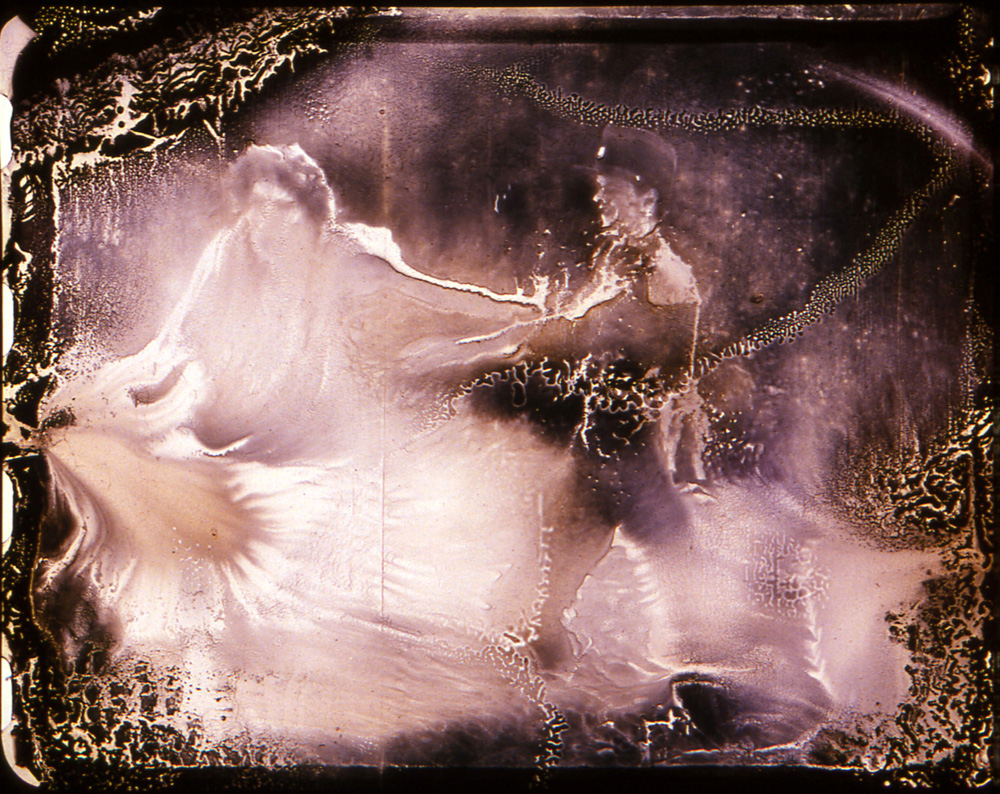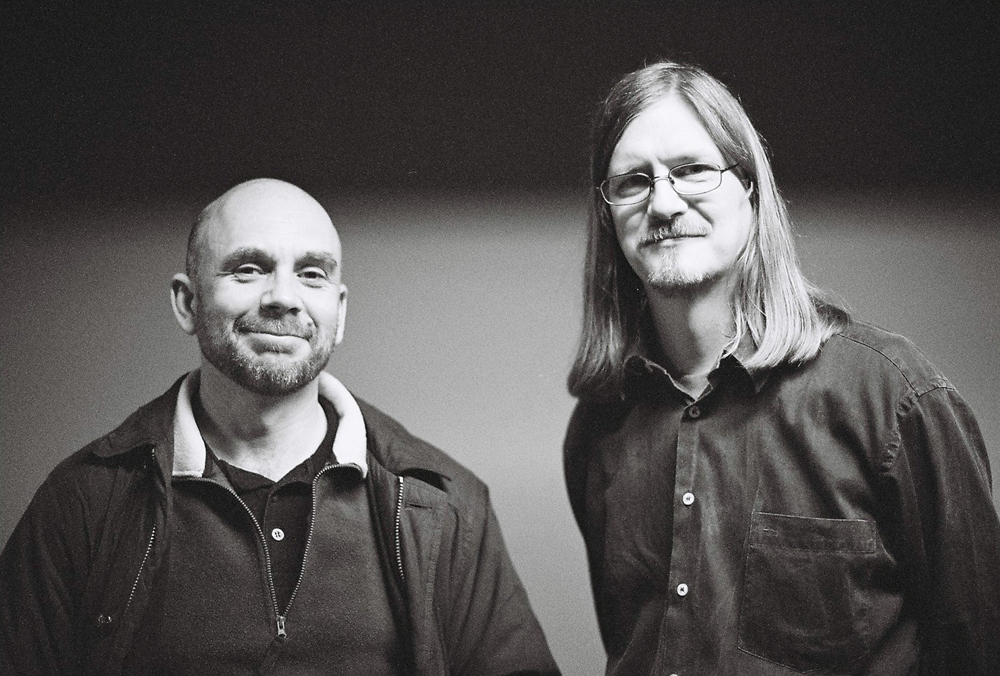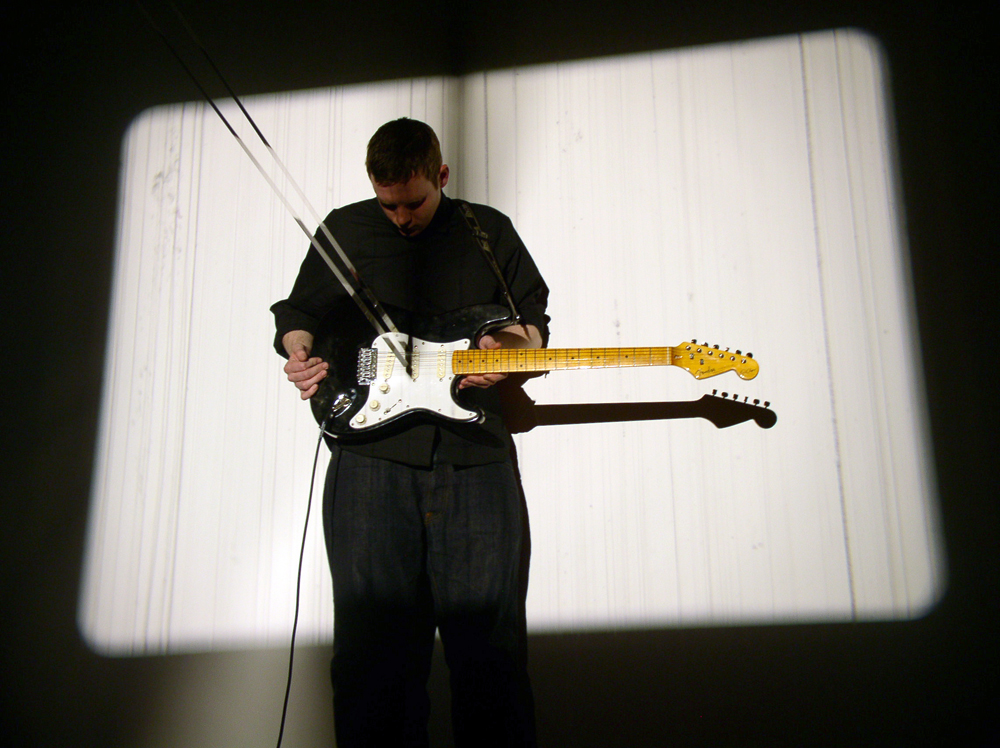
Film Programme 2: Celluloid
Bill Morrison Guy Sherwin Jürgen Reble Thomas Köner Various Artists William Basinski
Each film in this programme celebrates process; the decay of emulsion, the properties of dust and dirt, the manipulation of time. Post the dawn of the digital age, we reflect on our love of the film form, celluloid as an object, a medium and a physical entity.













